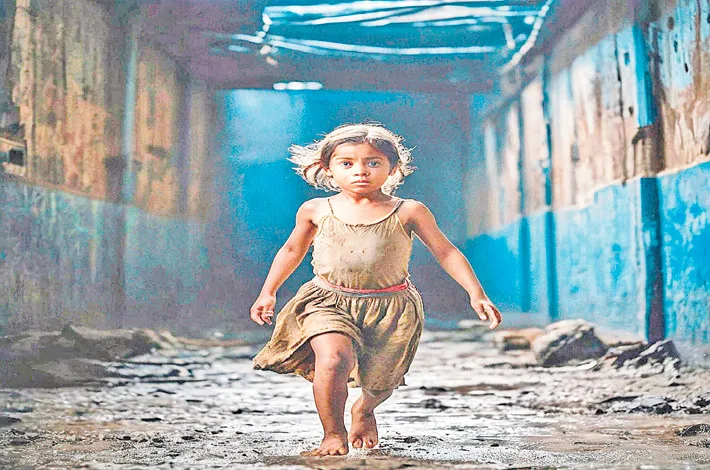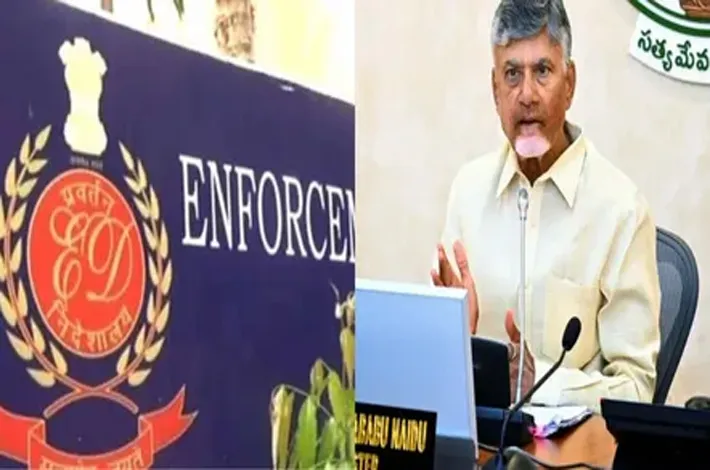The Importance of Fearlessness in Life
19-05-2025 12:00:00 AM

Another approach is to reframe fear as a signal of growth. When fear arises, it often indicates that we’re on the cusp of something meaningful—a new opportunity, a deeper connection, or a personal breakthrough. By viewing fear as a guide rather than an obstacle, we can harness its energy to propel us forward
Fear is a primal instinct, hardwired into our biology to keep us safe from danger. Yet, in the modern world, where physical threats are often less immediate, fear can become a barrier to growth, success, and fulfillment. Fearlessness, the ability to confront and move beyond fear, is not about the absence of fear but the courage to act despite it. Embracing fearlessness is essential for personal development, meaningful relationships, and societal progress. It empowers individuals to take risks, seize opportunities, and live authentically in a world that often demands conformity.
Fear as a Double-Edged Sword
Fear serves a purpose. It alerts us to potential harm, sharpening our senses in critical moments. However, when fear lingers unchecked, it can paralyze us, preventing action and stifling potential. Fear of failure, rejection, or the unknown often keeps people from pursuing their dreams, whether it’s starting a business, asking for a promotion, or even expressing their true feelings. This hesitation can lead to a life of regret, where “what if” becomes a haunting refrain.
Fearlessness, by contrast, is the antidote to this paralysis. It’s not about being reckless or ignoring risks but about recognizing fear and choosing to move forward anyway. Fearlessness allows us to reframe challenges as opportunities, transforming anxiety into excitement and doubt into determination. This mindset shift is crucial for achieving goals and living a life aligned with one’s values.
Fearlessness and Personal Growth
Personal growth thrives on discomfort. Every significant milestone in life—learning a new skill, changing careers, or overcoming a personal struggle—requires stepping into the unknown. Fearlessness is the catalyst that propels us into these uncharted territories. For example, consider someone who dreams of becoming a public speaker but is terrified of addressing a crowd. Only by confronting that fear, perhaps starting with small audiences and gradually building confidence, can they unlock their potential.
Fearlessness also fosters resilience. Each time we face fear and emerge stronger, we build a mental muscle that makes future challenges less daunting. This resilience is invaluable in a world where setbacks are inevitable. Whether it’s recovering from a failed venture or navigating personal loss, the ability to push through fear equips us to handle life’s unpredictability with grace and determination.
Fearlessness in Relationships
Authentic relationships require vulnerability, which is inherently tied to fearlessness. Opening up to others—whether in friendship, love, or family—means risking rejection or judgment. Yet, it’s through this vulnerability that deep connections are forged. Fearlessness allows us to express our true selves, set boundaries, and communicate honestly, even when it feels uncomfortable.
For instance, addressing a conflict with a loved one can be daunting. The fear of hurting someone or damaging the relationship might tempt us to avoid the conversation altogether. However, fearlessness enables us to approach such situations with empathy and clarity, fostering mutual understanding and strengthening the bond. Similarly, pursuing love often requires the courage to be vulnerable, to take a chance on someone despite the possibility of heartbreak. Without fearlessness, we risk living in emotional isolation, guarded but unfulfilled.
Fearlessness and Societal Progress
On a broader scale, fearlessness drives societal change. History is replete with examples of individuals who, in the face of fear, challenged the status quo to create a better world. Figures like Rosa Parks, who refused to give up her seat on a Montgomery bus, or Malala Yousafzai, who advocated for girls’ education despite threats to her life, embody fearlessness. Their courage inspired movements, shifted paradigms, and reshaped societies.
Fearlessness is equally vital in everyday acts of defiance against injustice. Speaking out against discrimination, advocating for environmental policies, or standing up for a marginalized colleague requires the courage to face potential backlash. These acts, though less heralded, ripple outward, creating a culture of accountability and progress. A society where individuals embrace fearlessness is one that evolves, innovates, and upholds justice.
Cultivating Fearlessness
Fearlessness is not an innate trait but a skill that can be developed. One effective strategy is to start small. Facing minor fears, like trying a new hobby or initiating a difficult conversation, builds confidence for larger challenges. Over time, these small victories accumulate, creating a foundation of courage.
Another approach is to reframe fear as a signal of growth. When fear arises, it often indicates that we’re on the cusp of something meaningful—a new opportunity, a deeper connection, or a personal breakthrough. By viewing fear as a guide rather than an obstacle, we can harness its energy to propel us forward.
Mindfulness and self-reflection also play a role. Understanding the root of our fears—whether it’s a fear of failure stemming from past experiences or a fear of judgment tied to societal expectations—helps us address them more effectively. Practices like journaling or meditation can provide clarity, allowing us to separate irrational fears from legitimate concerns.
Finally, surrounding ourselves with supportive people can bolster fearlessness. A community that encourages risk-taking and celebrates effort, regardless of outcome, creates a safe space to experiment and grow. Mentors, friends, or even online communities can provide the encouragement needed to take bold steps.
The Rewards of a Fearless Life
Living fearlessly doesn’t guarantee success in every endeavor, but it ensures a life rich with experience and meaning. Fearlessness opens doors to opportunities that fear would keep closed. It fosters authentic relationships, fuels personal growth, and contributes to a better world. Most importantly, it allows us to live true to ourselves, free from the constraints of “what if.”
In a world that often feels uncertain, fearlessness is a beacon of hope. It reminds us that we are capable of more than we imagine, that our potential is boundless when we dare to act. By embracing fearlessness, we not only transform our own lives but also inspire others to do the same, creating a ripple effect of courage and possibility








